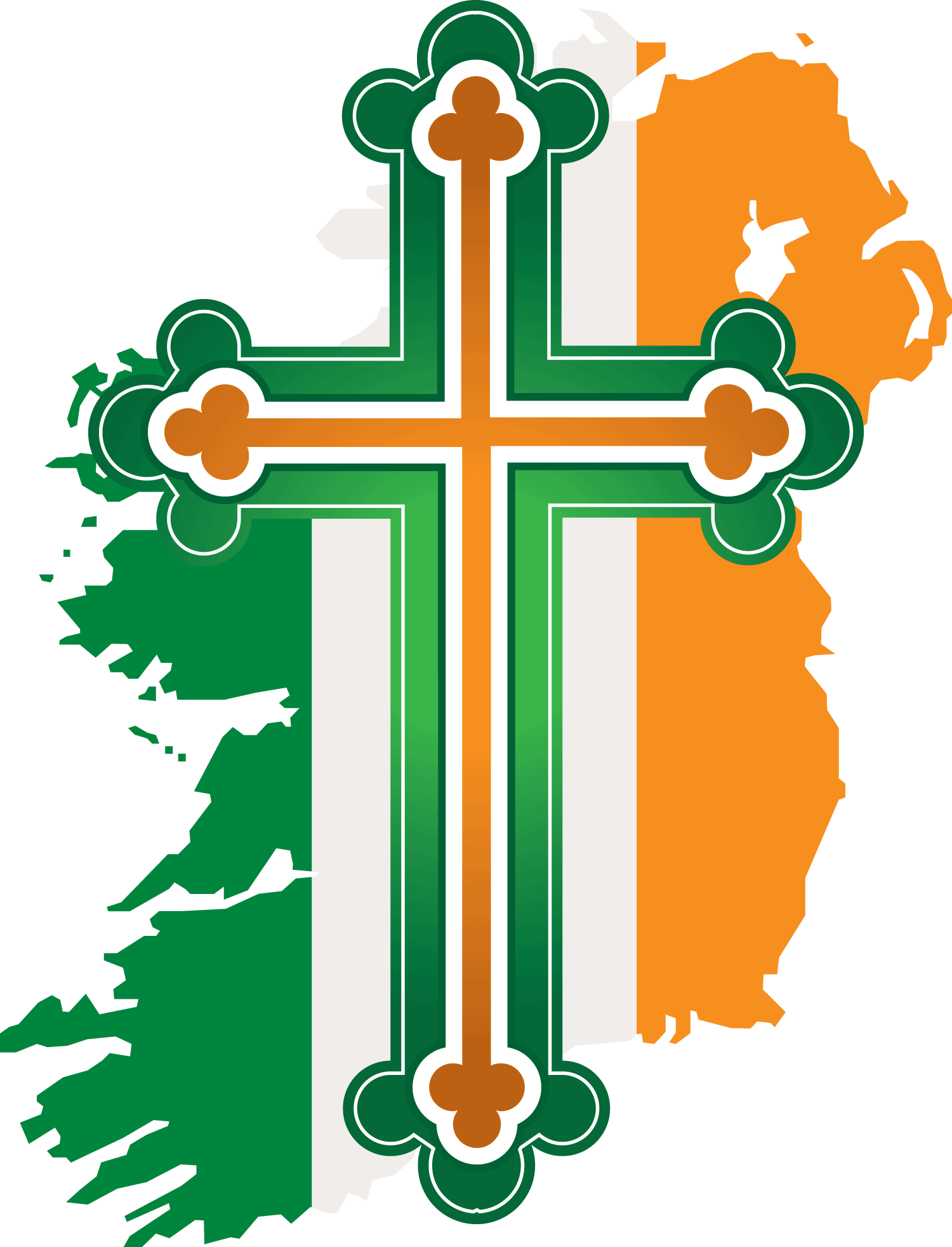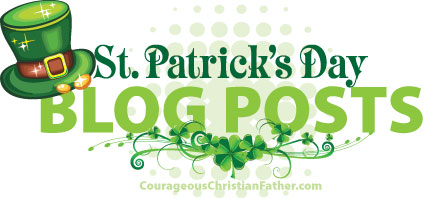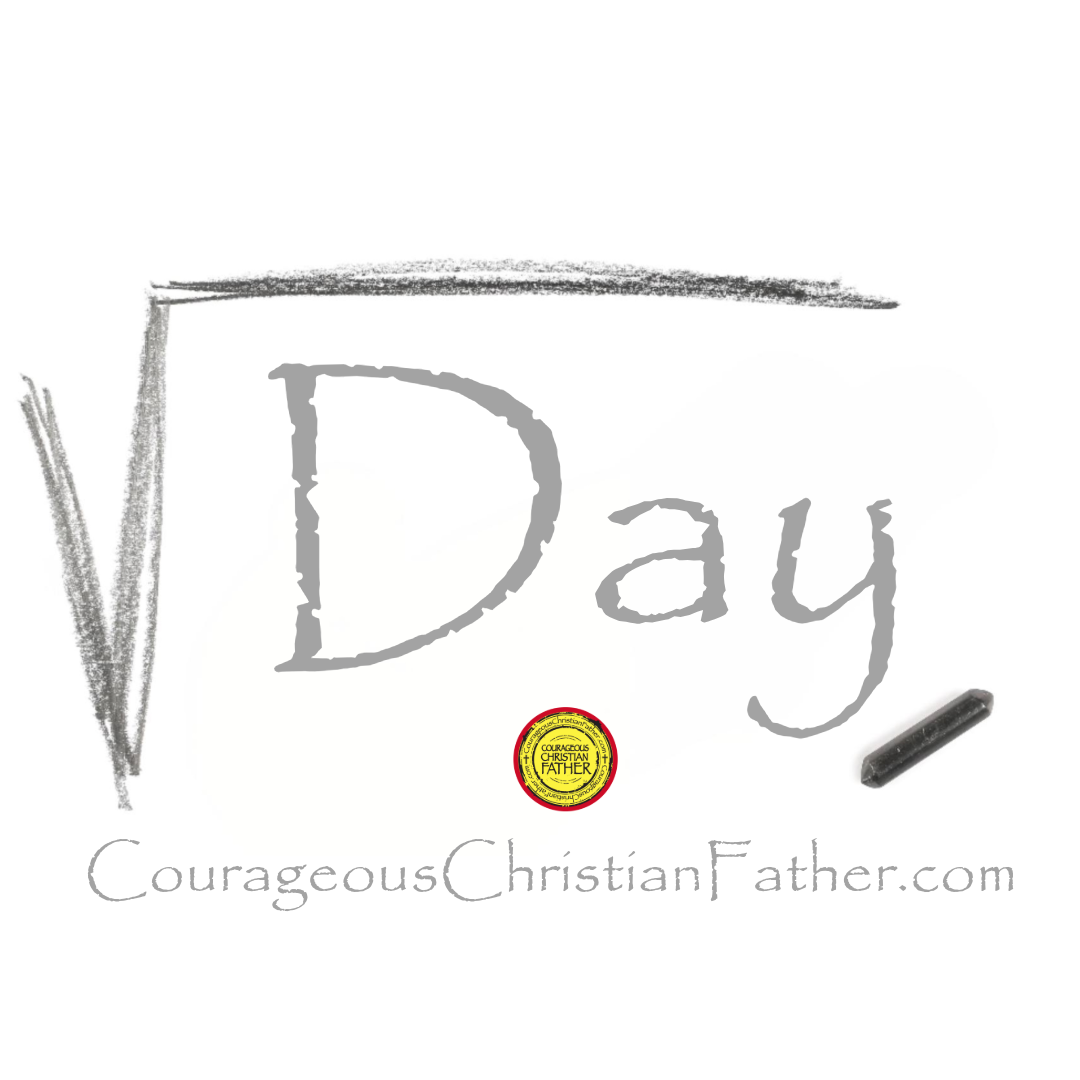The meaning behind popular St. Patrick’s Day symbols. St. Patrick’s Day is a holiday that is quite rich in traditional symbolism. Even though many of these symbols are familiar and even celebrated, people may not know the full meaning behind their usage. #StPatricksDay
The meaning behind popular St. Patrick’s Day symbols

Saint Patrick is commemorated each March 17 as a man who championed Christianity over paganism in Ireland. St. Patrick was so influential in Ireland that he was proclaimed a saint by popular appeal (as there was no official process for canonization in place until the 12th century). He would later become the patron saint of Ireland.
St. Patrick lived a storied and influential life. He is perhaps most notable for using many different items as symbols for explaining the mysteries of the Christian faith. In fact, St. Patrick’s Day is a holiday that is quite rich in traditional symbolism. Even though many of these symbols are familiar and even celebrated, people may not know the full meaning behind their usage.
Shamrock
The shamrock is one of the most recognizable symbols utilized by St. Patrick. This three-leaf clover is native to Ireland and a plant with which the Irish long have been familiar. St. Patrick demonstrated the meaning of the Holy Trinity – the Father, the Son and the Holy Spirit – by showing the public that the shamrock is one leaf with three parts, just as Christians believe God is one entity with three persons.
Don’t confuse shamrocks with clovers!
Snakes
There is a legend that St. Patrick was responsible for banishing snakes from Ireland. However, there are no snakes in Ireland, nor have there ever been, as Ireland is an island surrounded by cold waters that prohibit snake migration, according to National Geographic. Driving snakes from Ireland was likely metaphorical in that the serpent was seen as an evil entity in Christian scripture. St. Patrick drove pagan beliefs out of Ireland and ushered in new ways of thinking.
Celtic cross
Many historians surmise that St. Patrick was so successful in converting the Irish to Christianity because he did not attempt to have them abolish all of their old beliefs. Rather, he modified traditions and symbols to fit his teachings. One example of this is the Celtic cross, which blends the formerly pagan traditions of honoring nature and sun worship with Christianity. The Celtic cross marries the traditional image of the Christian cross on which Christ was placed, with a sun at the core. It exemplifies a Lord who has dominion over all creation, but serves as a reminder that it is acceptable to enjoy all that God has created.
Learn more about the Celtic Cross.
Green
The wearing of green, as well as inclusion of a band of green in the Irish flag, is reminiscent of the verdant nature of Ireland itself. Blue was initially the color associated with St. Patrick and later his namesake holiday. In the 19th century, this was slowly changed to green, a transition that was likely inspired by nature and shamrocks. Green is now the color most associated with Ireland, and there is the tradition of pinching people who forget to wear green on St. Patrick’s Day.
Leprechaun
Learn more about the myths of this creature.
These are just a few of the many items and images that are symbolic of St. Patrick’s Day.
First published February 16, 2021. Updated or republished March 10, 2024.
St. Patrick’s Day Blog Posts

- All Things Green
- All Things Orange
- A-Z of St. Patrick’s Day
- Celtic Cross
- Colors of St. Patrick’s Day
- Don’t mistake a shamrock for any old clover
- Harp
- Irish Flag
- Meaning behind popular St. Patrick’s Day symbols
- Meaning behind the shamrock
- Millions of People Claim Irish ancestry
- Origins of the leprechaun myth
- Prayer of St. Patrick
- Rainbows
- St. Patrick’s Day
- Top 5 Countries with Irish populations
- Unique, mysterious and lesser-known facts about Ireland
- Wearing orange instead of Green on St. Patrick’s Day
- Who was St. Patrick
- Why does the world celebrate St. Patrick’s Day?
Check out Courageous Christian Father’s Wish list on Amazon where you can purchase and this items sent directly to him and they will be used for the ministry.
Subscribe To Courageous Christian Father!
Don’t miss any blog posts! Subscribe today! You can subscribe via WordPress or by entering your email! Thank you!
Follow Courageous Christian Father on WordPress.comFollow Courageous Christian Father on Social Media
Recent Posts:
Below are some examples of blog entries from all the blogs that I do. (Courageous Christian Father, Steve Sews Stuff, SteveZ DuckZ, and SteveZ DesignZ).
Thank You For Reading Courageous Christian Father!
Thank you for reading. Please feel free to share and like this blog post.
Clipart: Unsplash, Pixabay, Pexels, Openverse, Adobe Express, Adobe Stock, FreePik, MetroCreative, and more. This site uses Amazon Affiliate Ads & Google Ads.
Article compliments of MetroCreative. TF203750 – First published February 29, 2020. Last updated or republished February 16, 2021.
About the Author
Discover more from Courageous Christian Father
Subscribe to get the latest posts sent to your email.


